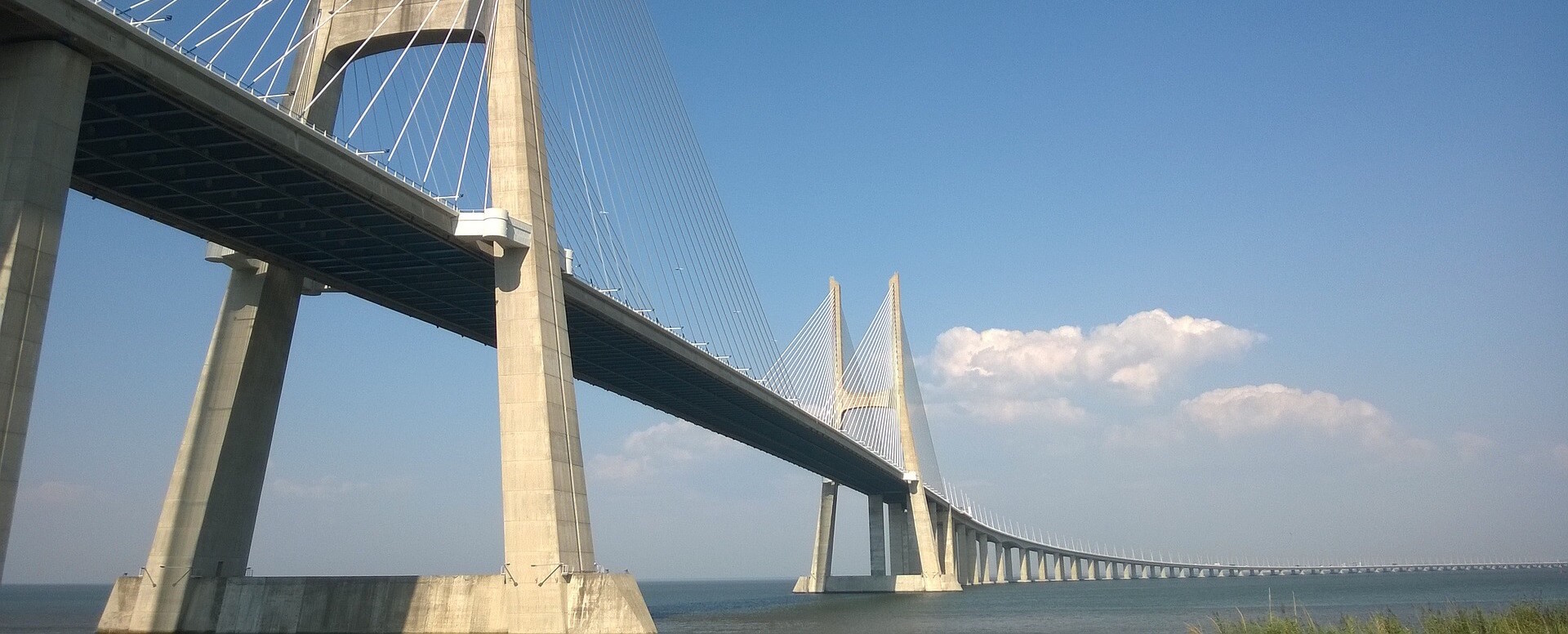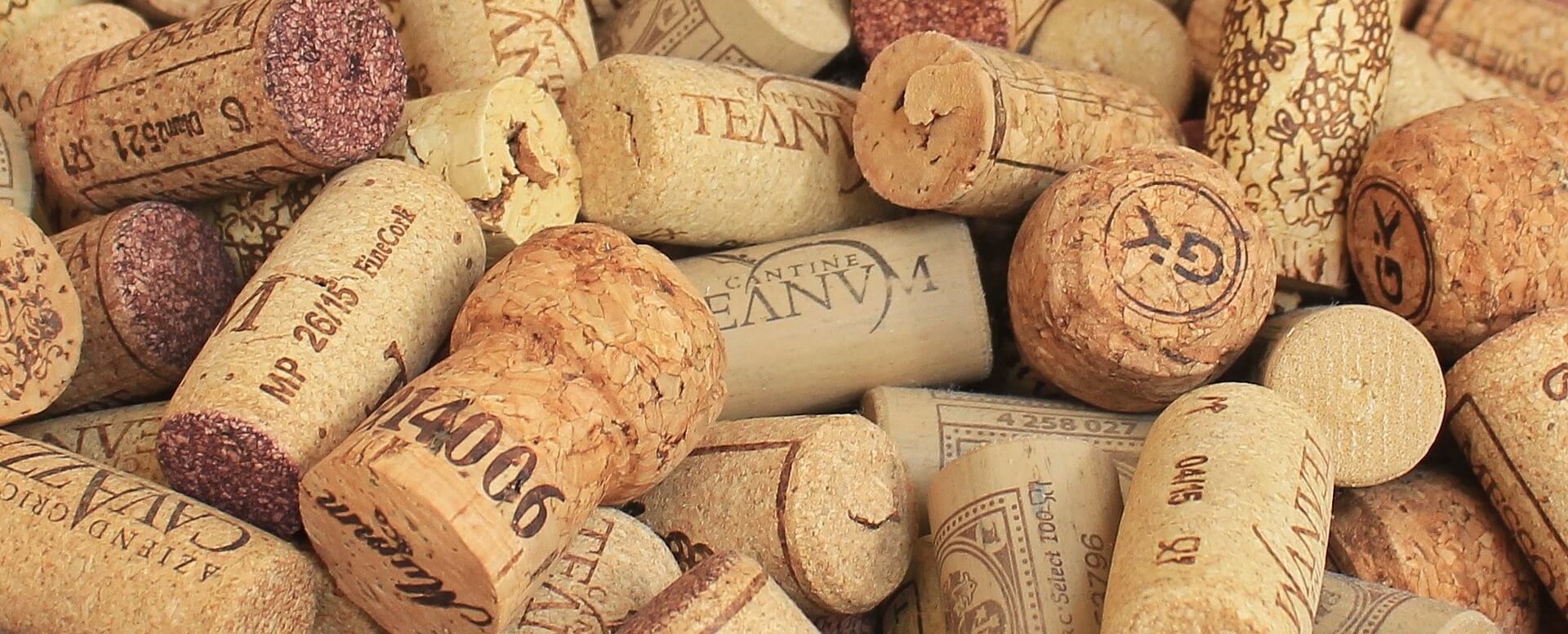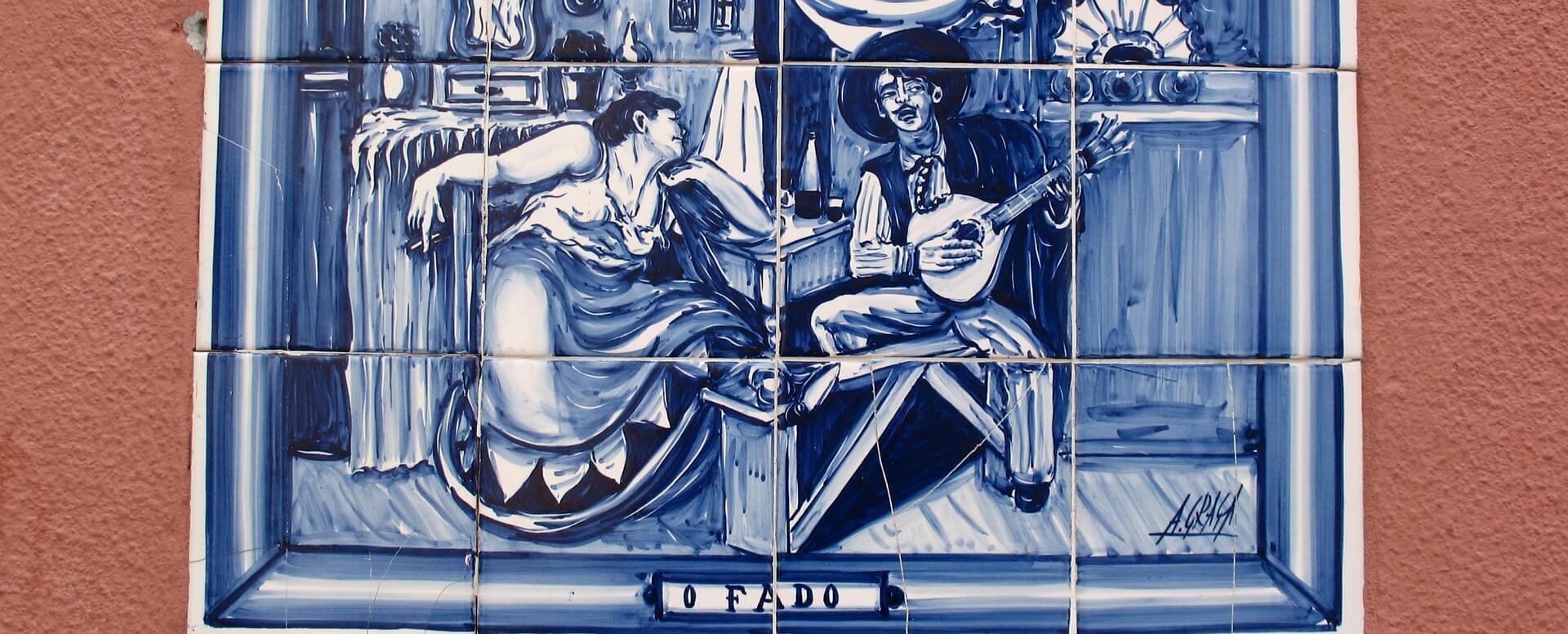Collecting information about where you plan to travel is a good idea. What are the places I can not miss, what is the weather like there? What activities can I do during my stay, what are the expressions I will have to learn? In addition to these fundamental questions, it is interesting to learn some interesting facts about beautiful Portugal. What is this destination hiding? Villanovo reveals the 10 best kept secrets of this wonderful country.
Yes, it is over 12 kilometres long and connects the North and South of the country. The famous Portuguese navigator Vasco da Gama has given its name to this imposing building located in Lisbon. If you intend to visit the capital, do not miss it, it's really impressive!
Contrary to what one might think at first, Portuguese is a very spoken language. In fact, it ranks seventh on the list of the most spoken languages in the world. More than 200 million people use it to communicate. In addition, they double the number of vowels. Curious, isn’t it?
As in Spain, there is also a bull culture in this country. However, there is a big difference: here they avoid the killing of the animal. Moreover, in some cities, they have banned bullfights because they do not agree with this tradition.
1755 is a year that marks a turning point in the history of Portugal's capital. At that time, there was a large-scale, long-lasting earthquake that killed more than 60,000 people. The most shocking thing is that after finishing, it was followed by a tsunami that almost completely destroyed the city.
The Bertrand bookstore, inaugurated in 1732, is the oldest in the world and is still in operation today. The aforementioned earthquake destroyed it, but it opened again. Today it is a reference, a place where you will find everything you are looking for.
One of the emblems of this country is the famous Gallo de Barcelos. Legend has it that a Galician pilgrim was charged with theft and sentenced to death by hanging. He said that if they did this injustice, the roast rooster that the judge ate would get up and start singing. And this is how the Gallo de Barcelos has become a symbol of justice.
Portugal is responsible for more than 50% of the world's cork production. This translates into more than 150,000 tonnes per year, most of which is produced in the Alentejo region.
Today, the Lello bookstore is one of Porto's tourist attractions. The Spanish writer Enrique Vila-Matas summarised his opinion of this place in one sentence: "The most beautiful bookshop in the world". The English newspaper, "The Guardian", for its part, ranks third in the standings.
Melancholy and nostalgia are two of the themes around which this musical genre, that the Portuguese live with such sensitivity, revolves. In addition, it has been considered by UNESCO as an intangible heritage, of which the Portuguese are very proud.
Portuguese chefs say that there are 365 ways to prepare this star food, as many days as there are in the year. To understand the importance of cod in gastronomy, we must go back centuries. In the past, this dish was perfectly adapted to the needs of the time because it was a non-perishable food.




